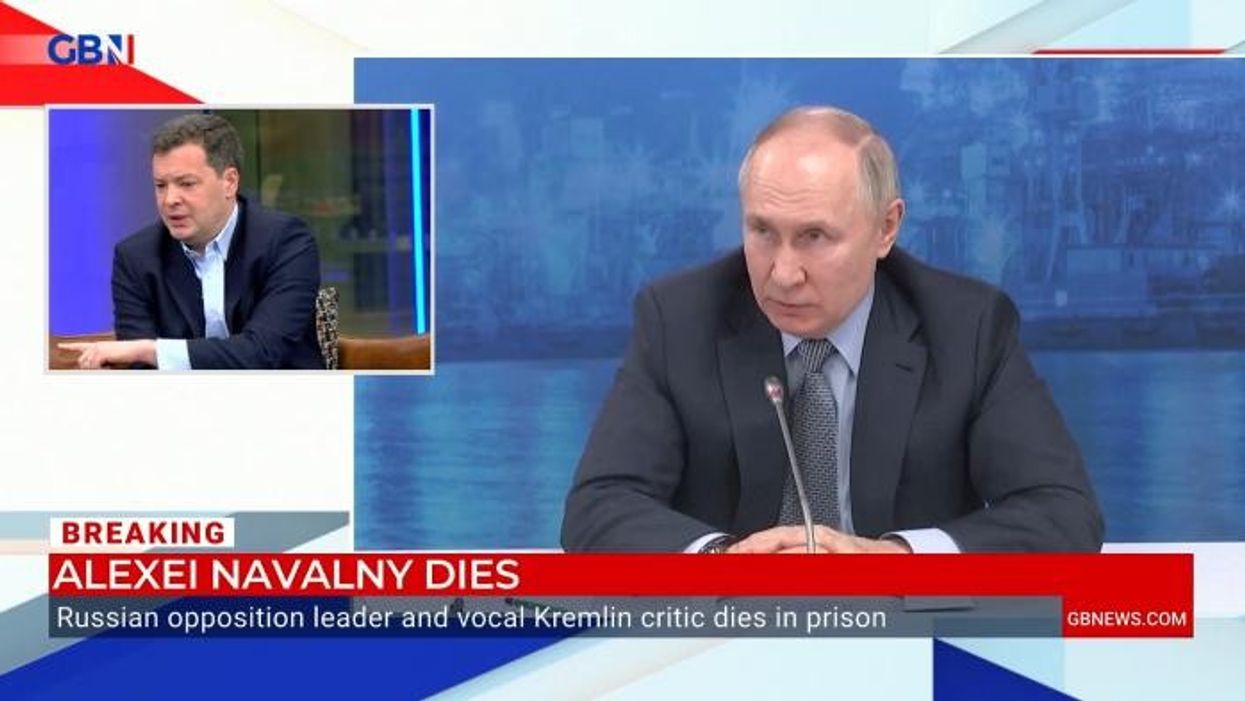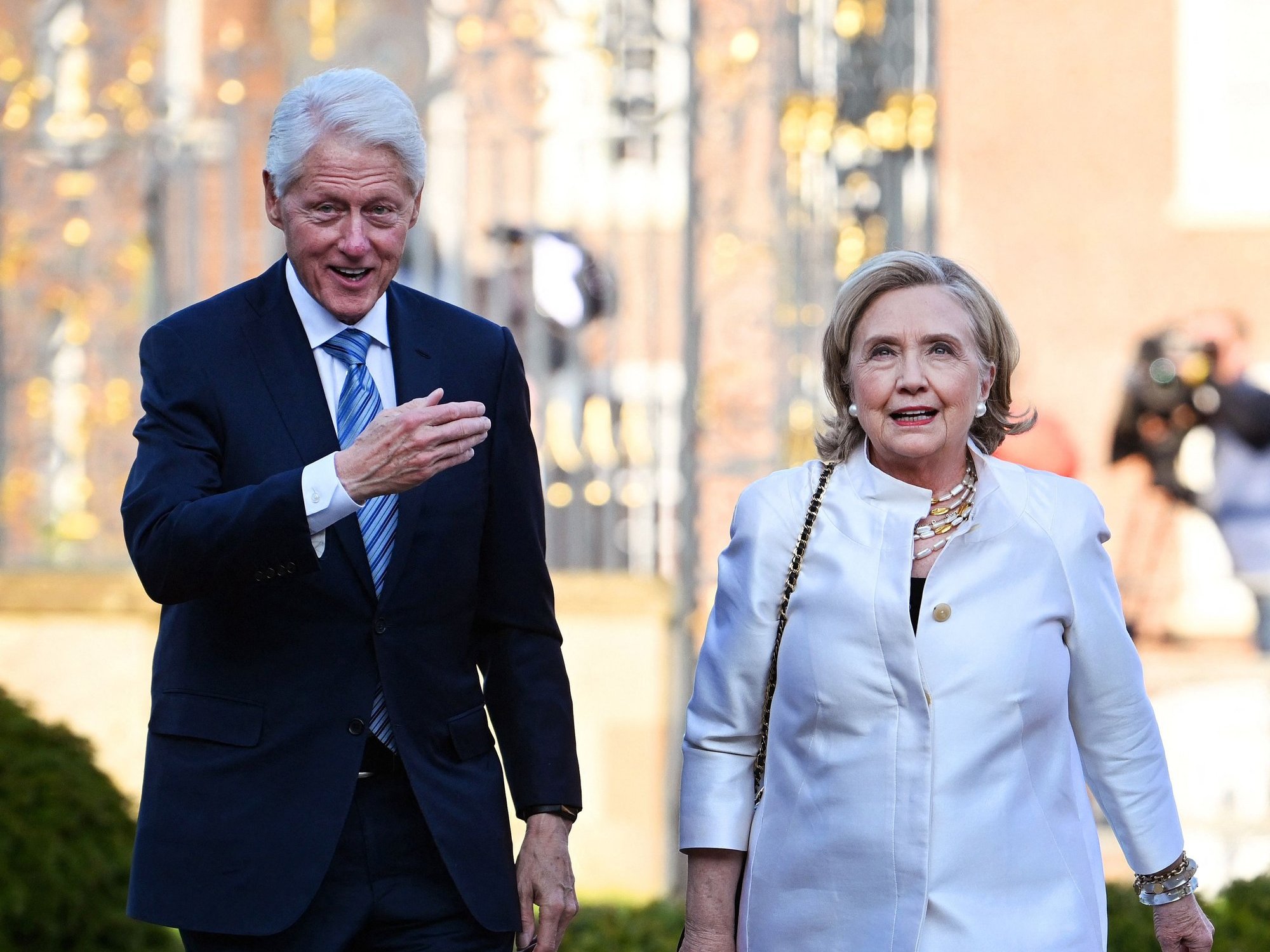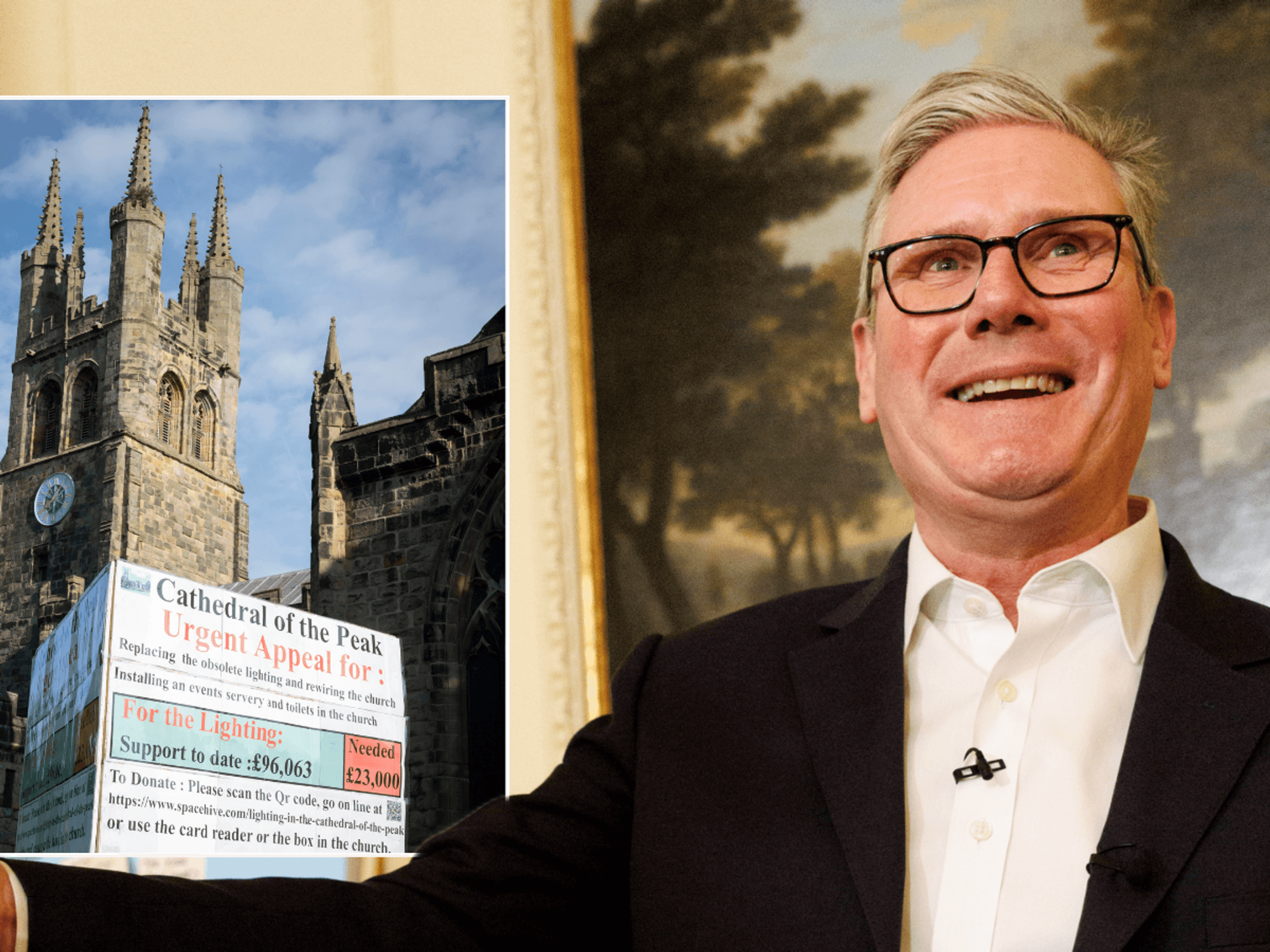Putin's threshold for using nuclear weapons 'much lower' than Russia admits, leaked documents suggest

The Russian President has access to more than 5,800 nuclear warheads
Don't Miss
Most Read
Vladimir Putin's forces have rehearsed using tactical nuclear weapons at an early stage of a major conflict, leaked Kremlin documents have revealed.
The files even show plans for training scenarios if China, an ally of Moscow, launches an invasion.
The threshold for using tactical nuclear weapons is much lower than Russia has publicly admitted, experts have warned.
Around 29 secret Russian files were written up between 2008 and 2014.
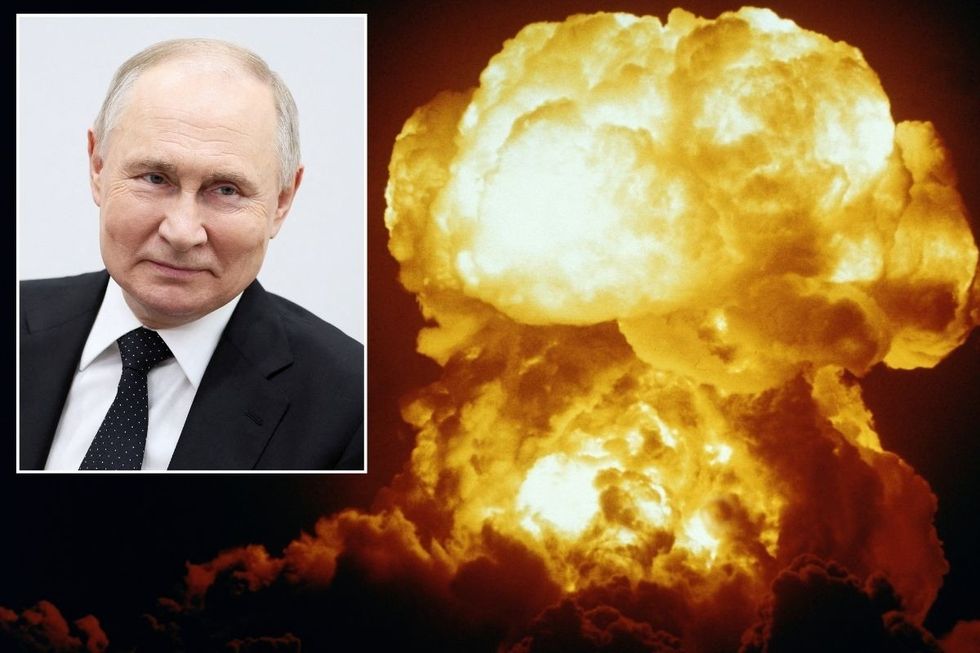
Vladimir Putin's forces have rehearsed using tactical nuclear weapons at an early stage of a major conflict, leaked Kremlin documents have revealed
|REUTERS/GETTY
Scenarios included were war-gaming and presentations for naval officers.
The plans referred to discussing operating principles for the use of nuclear weapons.
An enemy incursion on Russian territory or the destruction of 20 per cent of the Kremlin's strategic ballistic missile submarines could trigger a nuclear response.
Alexander Gabuev, director of the Carnegie Russia Eurasia Center in Berlin, told The Financial Times: "The operational threshold for using nuclear weapons is pretty low if the desired result can’t be achieved through conventional means."
LATEST DEVELOPMENTS: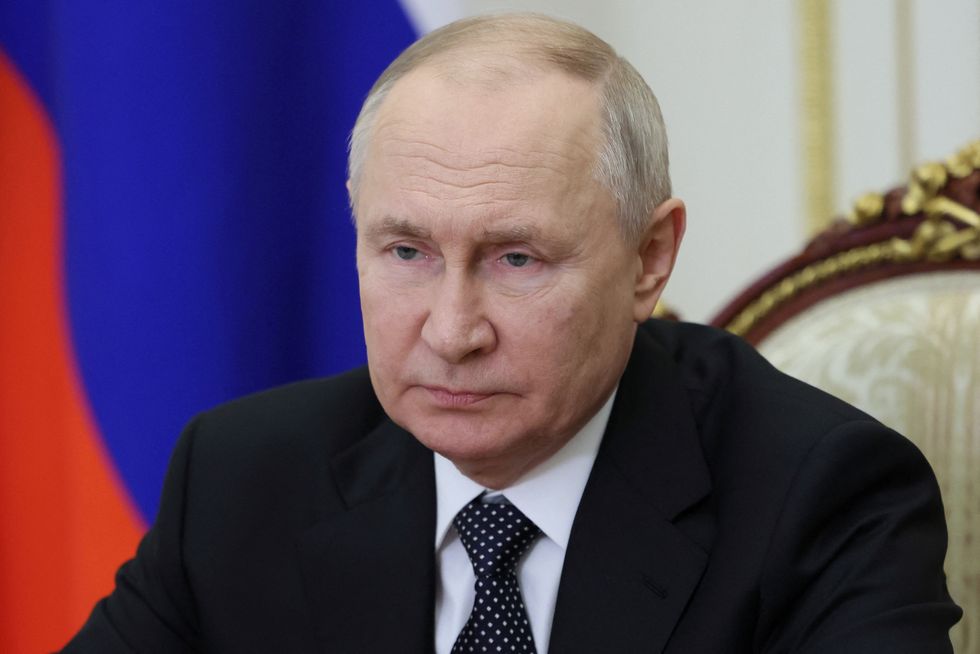 Russian President Vladimir Putin | REUTERS
Russian President Vladimir Putin | REUTERSDespite dating back more than a decade, experts have also warned the documents remain relevant to current Russian military doctrine.
However, the files also unearth the Kremlin's concerns about China.
The two nations, often shunned by the West, forged a nuclear no-first-strike agreement alliance in 2001.
Sino-Russian relations have only been strengthened since Xi Jinping came into power in 2012.
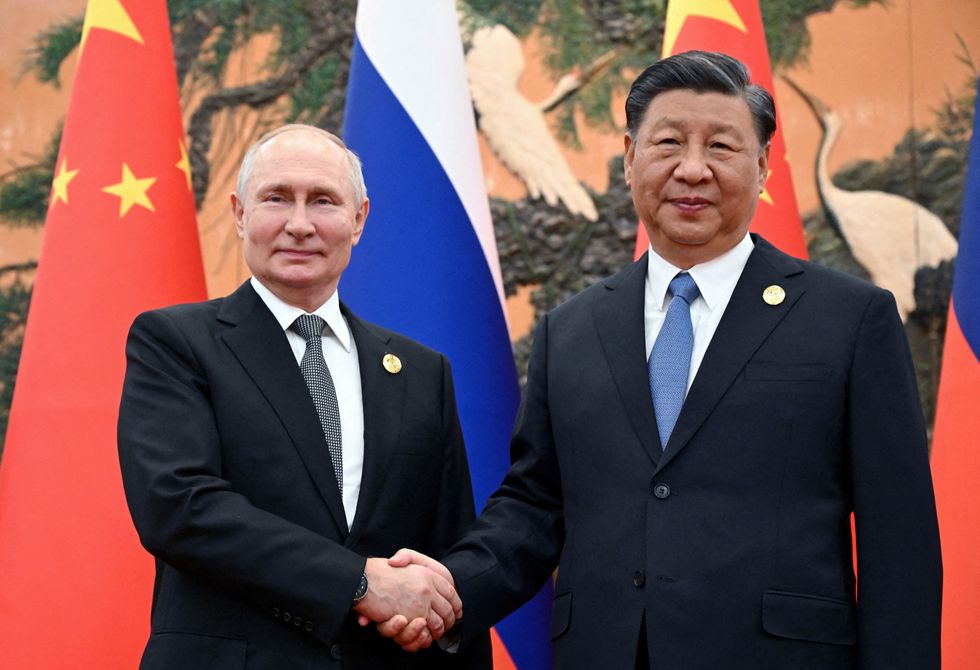 Russian President Vladimir Putin shakes hands with Chinese President Xi Jinping during a meeting at the Belt and Road Forum in Beijing | REUTERS
Russian President Vladimir Putin shakes hands with Chinese President Xi Jinping during a meeting at the Belt and Road Forum in Beijing | REUTERSPutin's illegal invasion of Ukraine cemented Russia's status as the junior member in the alliance.
China has also thrown Moscow a vital economic lifeline to help stave off Western sanctions.
A document said: "The order has been given by the commander-in-chief . . . to use nuclear weapons . . . in the event the enemy deploys second-echelon units and the South threatens to attack further in the direction of the main strike."
Responding to Moscow's suspicion, a Beijing spokesperson said: “The Treaty of Good-Neighborliness, Friendship and Cooperation between China and Russia has legally established the concept of eternal friendship and non-enmity between the two countries. The ‘threat theory’ has no market in China and Russia.”


